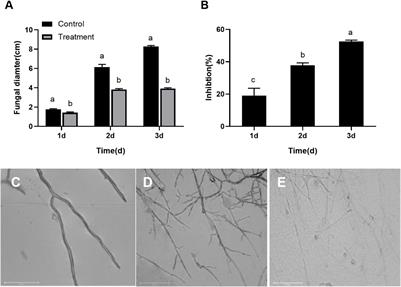ORIGINAL RESEARCH
Published on 12 May 2022
Time Is of the Essence—Early Activation of the Mevalonate Pathway in Apple Challenged With Gray Mold Correlates With Reduced Susceptibility During Postharvest Storage

doi 10.3389/fmicb.2022.797234
- 2,150 views
- 6 citations










